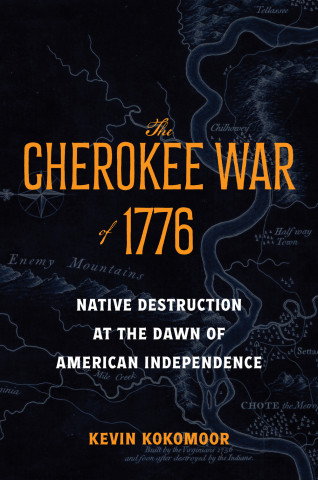
Reviews
Locating Medical History more than succeeds as, in the editors' words, 'an invitation to explore and reflect on a field—one that can include widely disparate senses of what medical history is, should be, and should do.' The volume contains several specialized and deeply theoretical essays intended for the medical historian, but any physician or researcher interested in the current status of the history of medicine will also enjoy and learn from it.
The volume is exceptionally well edited and introduced and beautifully produced.
After this collection, there will no longer be any excuse for medical historians to pretend that their historical background is merely the 'doctors' histories' supposed once to have ruled the earth. This collection highlights much more interesting ancestries, making links with great traditions of scholarship since the Enlightenment, and with political traditions of both left and right. It includes many personal accounts and assessments which suggest how our disciplinary work can be related to wider goals within and beyond the academy. All historians of medicine should own a copy.
A must read for every historian of nursing and student of nursing history. The essays capture the diversity and dynamism of healthcare in a coherent, engaging manner.
The volume has been excellently written and edited, while it is offering a wealth of references. Reading it I experienced as exciting, stimulating my imagination, challenging to approval or peevishness, inviting to rereading it in the near future. It is a very 'rich' volume, and most certainly a book that one ought to buy or to be given as a present. It is more than worth its price.
[A] virtue of the book, and the reason everyone should buy it, is that it attempts to be international and makes visible the work of several scholars who are not known or read by many English-speaking historians.
A thoughtful and stimulating volume.
Contain[s] a number of interesting essays by some of the most creative medical historians of our time.
In recent years, there has been a dramatic shift in how historians of medicine approach their subject. To assess the current state of the discipline, Frank Huisman and John Harley Warner have brought together many of the most eminent historians of medicine to address a tremendous variety of topics within the field as it is practiced today. The resulting volume is an important and stimulating work that will be read both within the field and beyond it.
Book Details
Acknowledgments
Chapter 1. Medical Histories
Part I: Traditions
Chapter 2. To Whom Does Medical History Belong? Johann Moehsen, Kurt Sprengel, and the Problem of Origins in Collective Memory
Chapter 3
Acknowledgments
Chapter 1. Medical Histories
Part I: Traditions
Chapter 2. To Whom Does Medical History Belong? Johann Moehsen, Kurt Sprengel, and the Problem of Origins in Collective Memory
Chapter 3. Charles Daremberg, His Friend Émile Littré, and Positivist Medical History
Chapter 4. Bildung in a Scientific Age: Julius Pagel, Max Neuburger, and the Cultural History of Medicine
Chapter 5. Karl Sudhoff and ''the Fall'' of German Medical History
Chapter 6. Ancient Medicine: From Berlin to Baltimore
Chapter 7. Using Medical History to Shape a Profession: The Ideals of William Osler and Henry E. Sigerist
Part II: A Generation Reviewed
Chapter 8. ''Beyond the Great Doctors'' Revisited: A Generation of the ''New'' Social History of Medicine
Chapter 9. The Historiography of Medicine in the United Kingdom
Chapter 10. Social History of Medicine in Germany and France in the Late Twentieth Century: From the History of Medicine toward a History of Health
Chapter 11. Trading Zones or Citadels? Professionalization and Intellectual Change in the History of Medicine
Chapter 12. The Power of Norms: Georges Canguilhem, Michel Foucault, and the History of Medicine
Chapter 13. Postcolonial Histories of Medicine
Part III: After the Cultural Turn
Chapter 14. ''Framing'' the End of the Social History of Medicine
Chapter 15. The Social Construction of Medical Knowledge
Chapter 16. Making Meaning from the Margins: The New Cultural History of Medicine
Chapter 17. Cultural History and Social Activism: Scholarship, Identities, and the Intersex Rights Movement
Chapter 18. Transcending the Two Cultures in Biomedicine: The History of Medicine and History in Medicine
Chapter 19. A Hippocratic Triangle: History, Clinician-Historians, and Future Doctors
Chapter 20. Medical History for the General Reader
Chapter 21. From Analysis to Advocacy: Crossing Boundaries as a Historian of Health Policy
Notes on Contributors
Index





